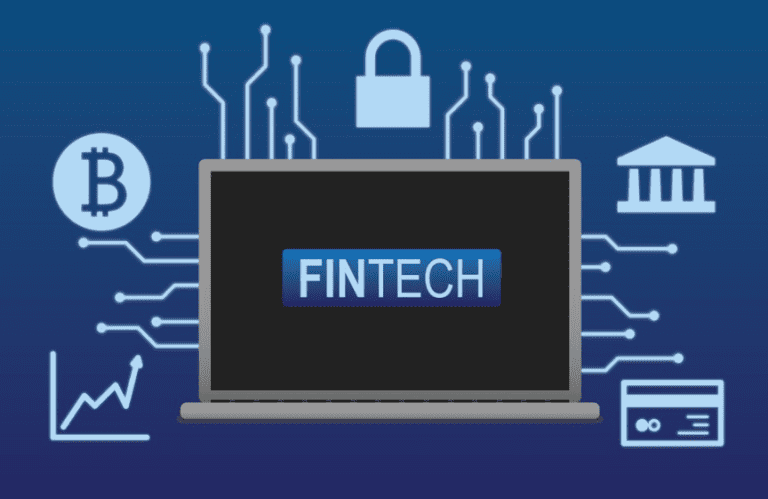
What is Fintech and why is it important?
In today’s digital era, fintech (financial technology) has become a huge revolution. Online banking, digital wallets, cryptocurrencies and loan apps have made our financial life very easy. But where there is convenience, there is also a risk of scams. I have seen in my experience that many people invest on fintech platforms without any regulation and become victims of fraud. That is why it is important to have fintech regulations, so that people’s trust is maintained and their money remains safe. The job of regulations is to ensure that no financial institution operates without rules so that people are not cheated. If proper fintech laws are followed, the chances of scams are greatly reduced.
How do Fintech Scams happen?
There are many types of scams that can happen in the Fintech industry, such as Ponzi schemes, phishing attacks, fake loan apps, and crypto frauds. I have seen many people give their money to fraudsters without thinking because of the lure of high returns. Another common scam is phishing, in which fraudsters steal your bank or fintech account details and misuse your money. Many fake loan apps have also come into the market which first charge processing fees from people and then make false promises of loan approval. To prevent these scams, it is very important to have fintech regulations so that every platform remains under the government’s radar and action can be taken against anyone doing illegal activity.
What is the work of Fintech Regulations?
The basic work of Fintech regulations is to prevent financial frauds and scams. These regulations ensure that fintech companies operate in a transparent manner and handle people’s financial data securely. When a new fintech startup is launched, it has to follow government rules so that it can operate in a legal manner. I have seen that people can invest on well-regulated fintech platforms without any tension because their money and data are secure. Regulations also ensure that no platform indulges in unfair practices, like high hidden fees or misleading advertisements. If fintech companies do not follow the regulations, the government can impose penalties or cancel their license.
Should users also be cautious?
Yes, just having rules cannot stop scams, rather users should also be cautious from their side. Whenever you create an account on a new fintech app or platform, do check its background and reviews. I have seen myself that many people share their personal and financial details without thinking, which can become the reason for fraud. Users should always use trusted and government-approved platforms only. If any app or website offers you high returns or easy loans without any proper verification, it is better to stay away from it. Also, do not share your passwords and OTPs with anyone and verify every time before making any transaction whether the platform you are using is correct or not.
How can Fintech Regulations be improved in the future?
In the coming days, fintech will develop even more and scams will also happen in new ways. Therefore, governments and regulatory bodies also need to make new rules and strict laws. Fraud detection and prevention systems can be made stronger by using technologies like Blockchain and AI. I have observed that now many fintech companies are using AI-based fraud detection tools on their platforms, which detect suspicious activities and send immediate alert. But the rules need to be made even more strict, so that there is proper audit of every new fintech company and they have to follow strict compliance rules. If all this is implemented, then in future fintech scams can be minimized and people will be able to use digital finance without any tension.

